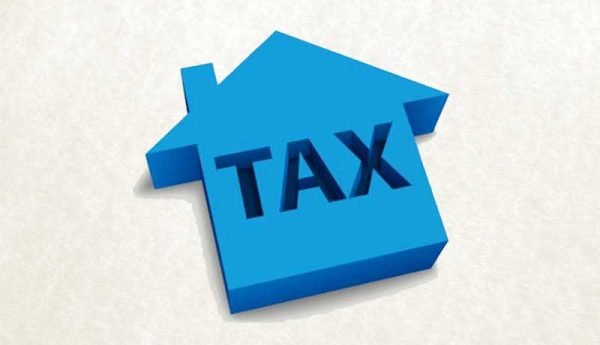House Rent Allowance (HRA) is generally paid by the employer to the employee as a component of salary package. This allowance is provided to meet expenses of a rented house taken by employee for residence.
Section 10 (13A) of the Income Tax Act, 1961, and Rule 2A of the Income Tax Rules provides for exemption of HRA. In order to claim HRA exemption, the following basic conditions should be met:
- Assessee must be staying in a rented house.
- The house must not be owned by him or his spouse.
- Assessee must be paying rent.
As long as the rented house is not owned by the assessee, the exemption of HRA will be available up to the minimum of the following three options:
- Actual house rent allowance received
- Actual house rent paid minus 10% of the basic salary
- 50% of salary if one lives in Mumbai, Delhi, Kolkata or Chennai; otherwise 40% of the salary
Thus, HRA exemption is calculated based on the factors such as salary, place of residence and the amount of rent paid and HRA received.
This can be explained with the help of an example:
Mr. A has received following amount during the previous year.
Basic Salary – Rs. 1,20,000/-
Dearness Allowance – Rs. 12,000/-
House Rent Allowance (H.R.A.) – Rs. 24,000/-
Actual Rent Paid – Rs. 24,000/-
Calculation
The minimum of the following amount shall be exempt
Actual HRA received – Rs. 24,000/-
Rent Paid in excess of 10% of salary – Rs. 10,800
40% of Salary – Rs. 52,800/-
Therefore, Rs. 10,800 shall be exempt and the balance Rs. 13,200 shall be included in gross salary.
For claiming the exemption the assessee has to submit proofs of the rent paid. Normally, the employer insists on rent receipt and the lease deed for verification. There are a number of other things that one needs to pay attention to; like the following:
- PAN Card of the landlord has to be mentioned.
- An individual who is staying with his parents can claim tax benefits under the section. However, the requirements such as the mention of PAN card number and the rent receipt would need to be furnished.
- Self-employed professionals cannot be considered for HRA exemption as they do not earn a salary. However, they can claim benefits on the house rent expenses incurred under section 80GG, which resembles section to 10(13A) but is subject to certain conditions.
- HRA and tax benefits deriving from home loan can both be claimed, as tax benefits from home loan include those for the interest paid on the home loan and also on the principal amount paid on the home loan.
- Assessee can claim benefits only for the rent period. If he or she moves or shifts to a new place in the financial year, he cannot claim exemption for the entire year.
HRA is to be calculated by considering the above mentioned. However it is important to study the guidelines before claiming tax benefits.

